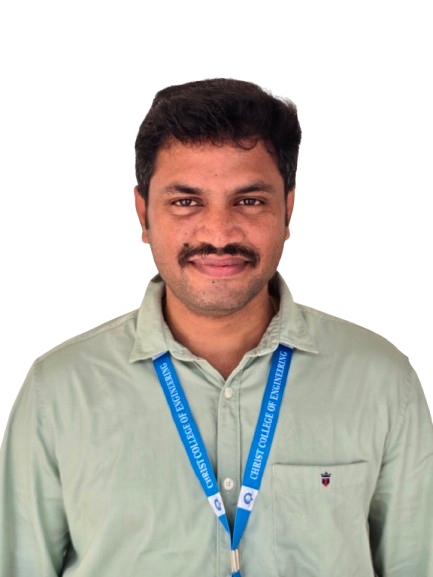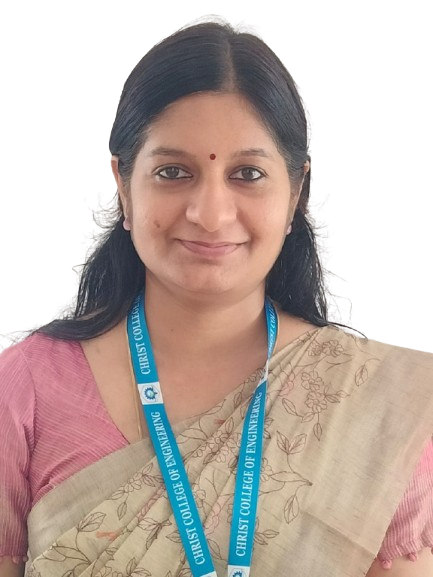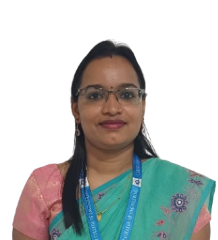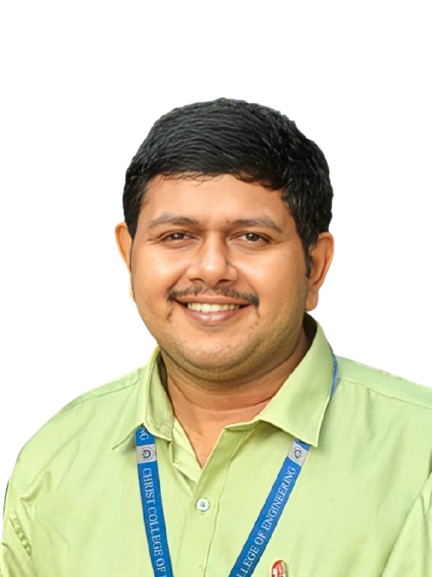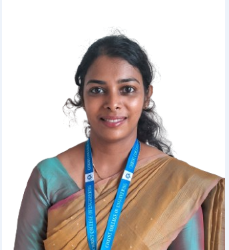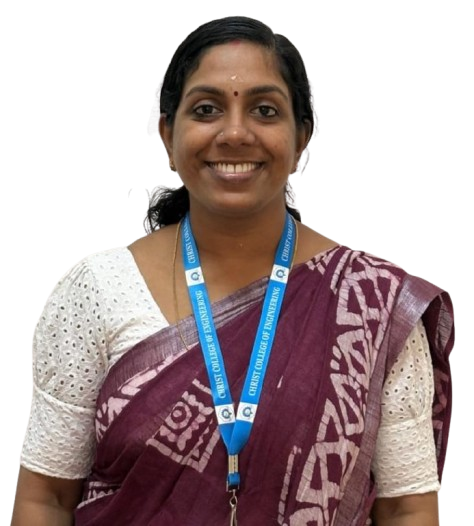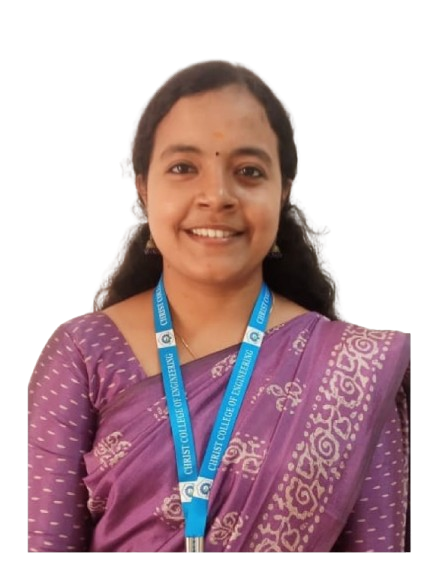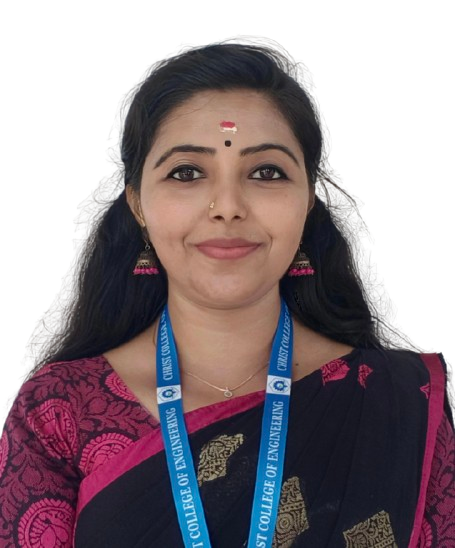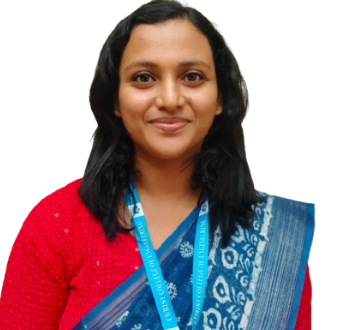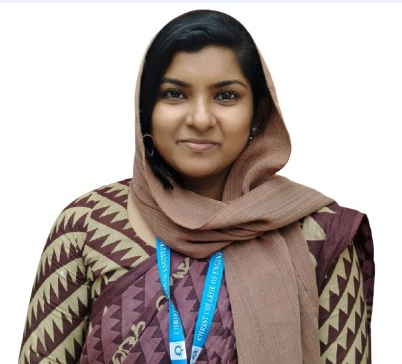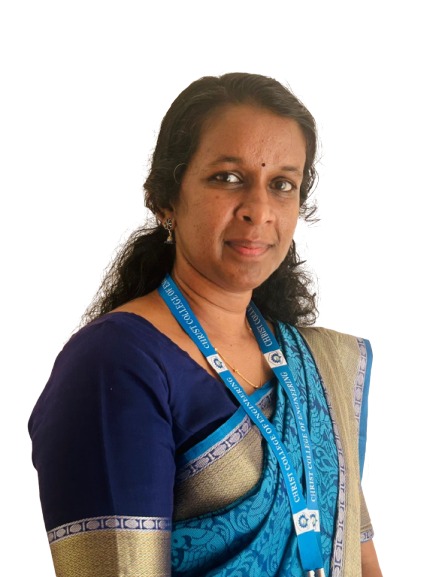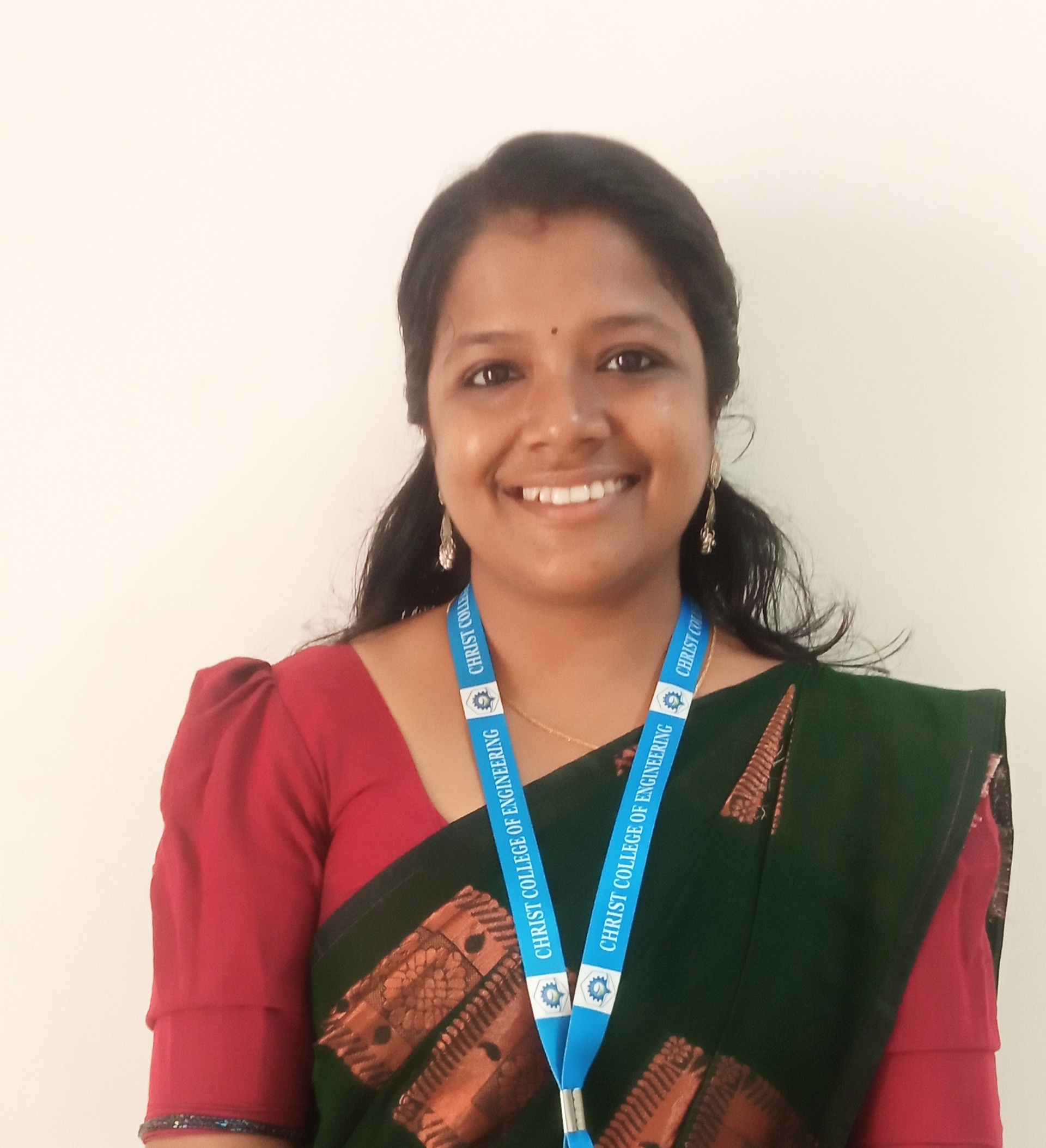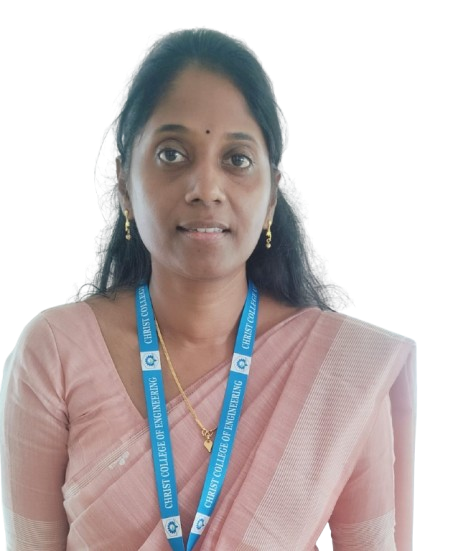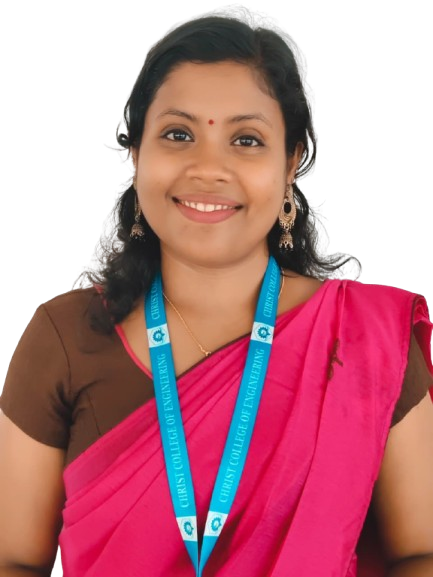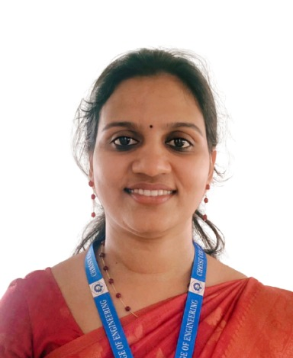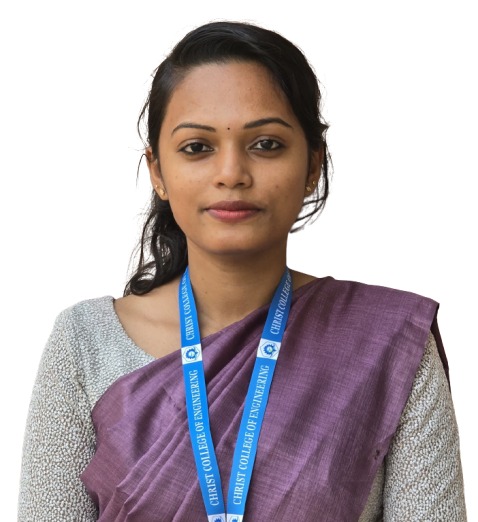About
In 2015, the Christ College of Engineering established the Department of Computer Science & Engineering, which offers the undergraduate (B. Tech.) programme. The Dr. A P J Abdul Kalam Technological University-affiliated B. Tech. programme enrolls 120 students yearly. The department offers the students a setting that encourages both intellectual and personal development. We offer top-notch infrastructural facilities, including language labs, digital libraries, smart classrooms, and computer labs. We also have online access to all IEEE journals and a high-speed leased line for Internet access. The Department offers a fantastic group of dedicated and skilled faculty members that support and mentor students as they grow academically and personally. We take pride in offering a setting that is supportive of engineering studies and research.
Departments
Home / Academics / Department / About
Vision
Creating socially committed engineers with professional competency and excellence in Computer Science and Engineering through quality education.
Mission
- 1.
To achieve technical proficiency by adopting effective teaching-learning strategies which promote innovation and professional expertise.
- 2.
To facilitate skill development of students through additional training by collaborating with industry to broaden their knowledge.
- 3.
To promote excellence in research, development and consultancy services rooted in ethics, in order to emerge as responsible engineers.
Academic Uniqueness
- 1.
Project based learning which helps the students to develop their own ideas into products.
- 2.
We ensure 100 percent on campus placements to the students.
- 3.
Industry oriented Value Added courses to make the students best fit to the IT Industry along with the best academic Performance.
Programme Details
Program Educational Objectives (PEOs) expand_more
PEO-1
Demonstrate their expertise in solving contemporary problems through design, analysis and implementation of hardware and software systems.
PEO-2
Adapt to a constantly changing world through professional development and continuous learning.
PEO-3
Develop teamwork, leadership and entrepreneurship skills required to function productively in their profession.
Program Outcomes (POs) expand_more
PO-1
Engineering Knowledge: Apply the knowledge of mathematics, science, engineering fundamentals, and an engineering specialization to the solution of complex engineering problems.
PO-2
Problem analysis: Identify, formulate, review research literature, and analyze complex engineering problems reaching substantiated conclusions using first principles of mathematics, natural sciences, and engineering sciences.
PO-3
Design/development of solutions: Design solutions for complex engineering problems and design system components or processes that meet the specified needs with appropriate consideration for the public health and safety, and the cultural, societal, and environmental considerations.
PO-4
Conduct investigations of complex problems: Use research-based knowledge including design of experiments, analysis and interpretation of data, and synthesis of the information to provide valid conclusions..
PO-5
Modern Tool Usage: Create, select, and apply appropriate techniques, resources, and modern engineering and IT tools including prediction and modeling to complex engineering activities with an understanding of the limitations.
PO-6
The engineer and society: Apply reasoning informed by the contextual knowledge to assess societal, health, safety, legal, and cultural issues and the consequent responsibilities relevant to the professional engineering practice.
PO-7
Environment and sustainability: Understand the impact of the professional engineering solutions in societal and environmental contexts, and demonstrate the knowledge of, and need for sustainable development.
PO-8
Ethics: Apply ethical principles and commit to professional ethics and responsibilities and norms of the engineering practice.
PO-9
Individual and Team work: Function effectively as an individual, and as a member or leader in teams, and in multidisciplinary settings.
PO-10
Communication: Communicate effectively with the engineering community and with society at large. Be able to comprehend and write effective reports documentation. Make effective presentations, and give and receive clear instructions.
PO-11
Project management and finance: Demonstrate knowledge and understanding of engineering and management principles and apply these to one’s own work, as a member and leader in a team. Manage projects in multidisciplinary environments.
PO-12
Life-long learning: Recognize the need for, and have the preparation and ability to engage in independent and lifelong learning in the broadest context of technological change.
Program Specific Outcomes (PSOs) expand_more
PSO-1
Analyse and design computation systems by applying the attained knowledge in programming language and algorithms, system software, database management, data communication, networking and allied areas of Computer Science and Engineering.
PSO-2
Apply software engineering principles and practices to develop efficient software solutions for real world computing problems.


